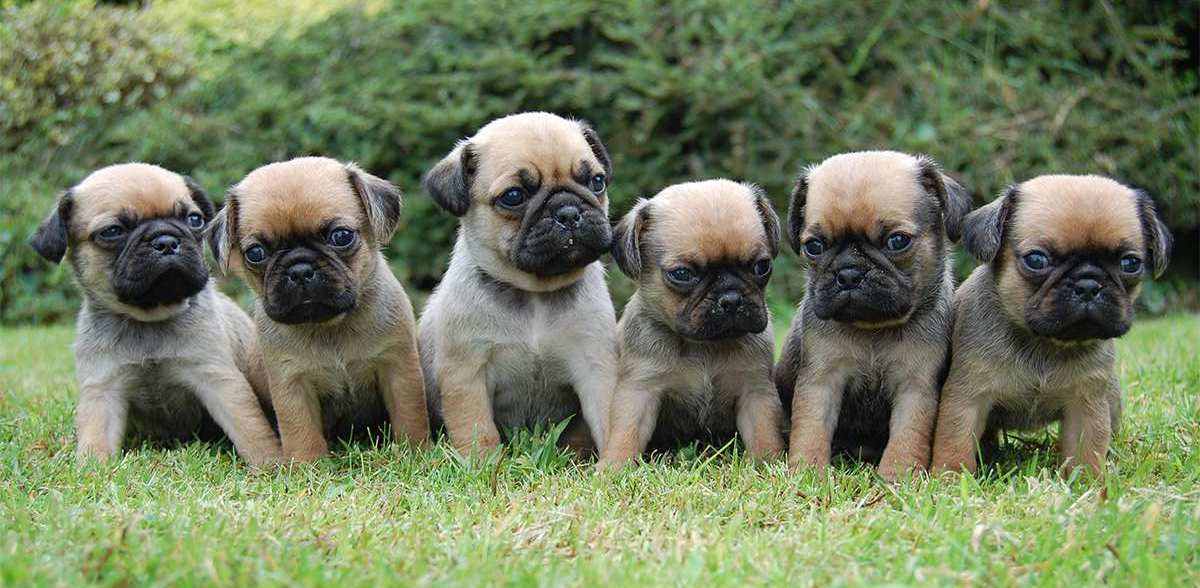Feeding Habits and Food Requirements of the Pugalier: Nourishing Your Companion

Proper nutrition is crucial for the health and well-being of your Pugalier. These small, lovable crossbreeds have specific feeding habits and food requirements that you should consider to keep them happy and healthy.
Portion Control
Pugaliers are prone to obesity, so it's important to practise portion control and avoid overfeeding. Work with your veterinarian to determine the right portion size for your individual dog based on their age, weight, activity level, and overall health.
High-Quality Dog Food
Choose a high-quality commercial dog food that meets the specific nutritional needs of your Pugalier. Look for brands that list a high-quality protein source as the first ingredient and avoid foods with excessive fillers, additives, or artificial ingredients.
Life Stage Considerations
Pugaliers have different dietary needs at various life stages. Puppies require puppy-specific food to support their growth and development. Adult Pugaliers should be transitioned to an adult formula, and senior dogs may benefit from a senior-specific diet that addresses their changing nutritional requirements.
Regular Feeding Schedule
Establish a consistent feeding schedule for your Pugalier. Most adult dogs do well with two meals a day, while puppies may require three or four smaller meals. Consistency helps regulate their digestive system and can aid in housetraining.
Fresh Water
Always provide access to fresh, clean water. Hydration is vital for your Pugalier's overall health, and they should have access to water at all times.
Avoid Overfeeding
Pugaliers have a hearty appetite and can be prone to begging for extra treats. While it's tempting to indulge their cute faces, resist the urge to overfeed. Excess weight can lead to various health problems, including joint issues and respiratory difficulties.
Monitor Treats and Snacks
Be mindful of the treats and snacks you provide. Use treats sparingly during training and ensure they are appropriate for your dog's size and dietary needs. Consider using low-calorie treats or even pieces of their regular kibble as rewards.
Special Dietary Considerations
Some Pugaliers may have specific dietary sensitivities or allergies. If you notice any signs of digestive upset, skin issues, or other unusual symptoms after eating, consult your veterinarian to explore potential food allergies or sensitivities.
Regular Vet Checkups
Regular veterinary checkups are essential for monitoring your Pugalier's overall health, including their weight and dietary requirements. Your veterinarian can offer guidance on the best diet for your specific dog and make any necessary adjustments based on their health status.
In summary, providing proper nutrition and following a balanced feeding routine is vital for your Pugalier's health and well-being. By selecting high-quality dog food, controlling portions, monitoring treats, and seeking guidance from your veterinarian, you can ensure that your Pugalier receives the nutrition they need to thrive and enjoy a long and happy life.